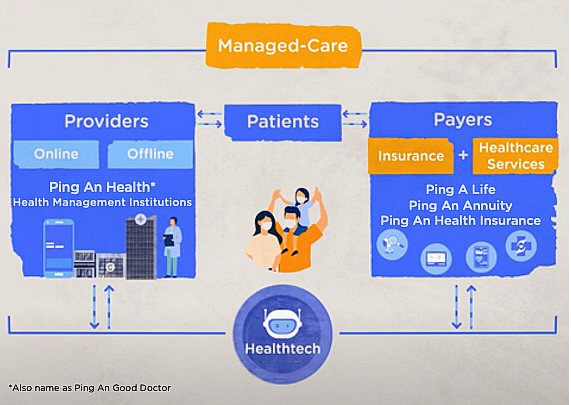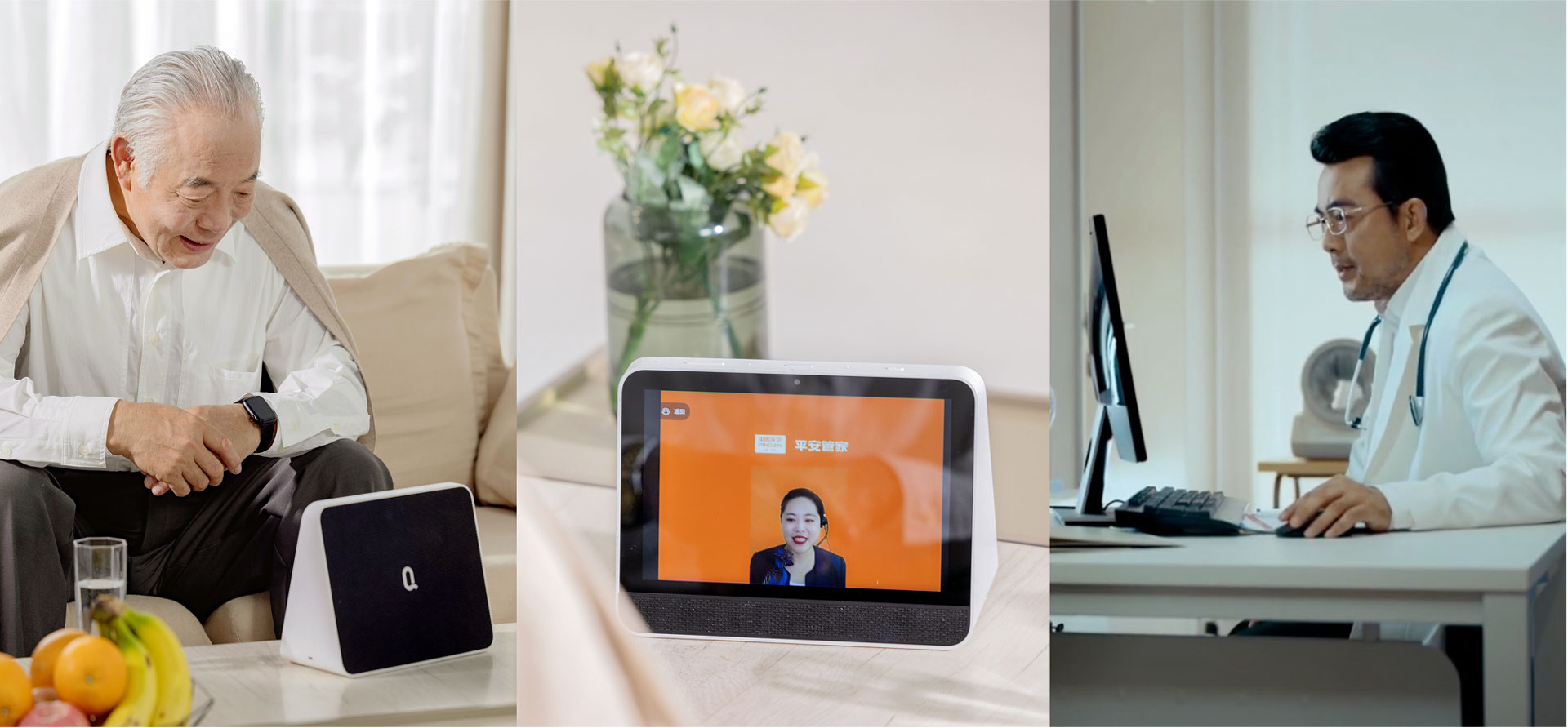Insights, Events and Videos
According to the United Nations, unprecedented and sustained demographic phenomena of recent decades — ranging from falling fertility rates to rising longevity — mean there are now 727mn people aged over 65 worldwide, or 9 per cent1 of the total global population.2
Clearly, the world is ageing rapidly, creating significant social and economic challenges for the future, and China — with an estimated 166mn over 65s out of a population of 1.4bn — is already a global leader in getting old.3
“No other country in the world is experiencing population ageing on the same scale as China,” reports the Population Reference Bureau, an American think tank.4 And the UN projects that there will be 366mn older Chinese adults by 2050 — more people than the total US population of 331mn today.
“China has one of the largest and fastest-growing ageing populations in the world, Jessica Tan, co-chief executive at Ping An Group, said in a recent interview. “By 2030, almost 18 per cent of China's population will be 65 or older.”
The healthy China 2030 strategy
Health and ageing are directly linked, of course5, with improvements in public healthcare and medical treatment having greatly boosted human longevity. In China, life expectancy was just 44 years6 in 1960. Today it is 77 years, having leaped with economic, social and medical advances, and the UN’s projected life expectancy for China in 2050 is 82.
The curse of increased longevity, however, is ill health and a rising need for social care7, and there is general agreement amongst medical professionals that a healthy lifestyle helps reduce the impact of this curse.8
This is why policymakers in Beijing drafted the Healthy China 2030 (HC 2030) strategy, which advocates prevention to keep its people healthier for longer.9
The five specific targets of HC 2030 are to improve the level of health in China, control major risk factors, increase health service capacity, expand health industry scale, and perfect the health service system in the country.10
Healthcare as a driver of value growth
While Chinese state provision of services is projected to account for the majority of elderly care services in the future, the opportunities for the private sector are immense.
According to the consultancy Oliver Wyman: “With disposable income per capita expected to reach $7,000-$10,000 in the late 2020s, and a simultaneously ageing population, the massive middle-class and above segments in China will become the largest life insurance customer base in the world.”11
“The entire senior care industry is expected to exceed Rmb22tn [$3tn] by 2031,” Tan says today. “So this demographic evolution raises both opportunities and challenges.”
A ‘managed care model’ for China’s elderly
With 225mn customers and more than 668mn internet users, Ping An has already created lifestyle ecosystems covering car, financial, healthcare and smart city services.
Now, building on the strengths of Ping An Group's healthcare ecosystem, Ping An Life has developed the "insurance + home-based elderly care" model — essentially a “new managed care model” for China — and launched Ping An Concierge.
The service not only provides financial protection, Tan says, but also features dedicated concierge services to ensure that elderly customers are always comfortable and their families enjoy ultimate peace of mind.
To achieve this, Ping An Concierge provides hundreds of services in 10 key areas, including medical care, food, housing, transportation, finance, health maintenance, entertainment, protection and safety.
What’s more, Ping An Concierge monitors the home environment with intelligent devices, allowing the elderly to easily and quickly make emergency calls in case of accidents at home. The health monitoring system can also detect issues in client blood pressure and sleep quality, alerting doctors swiftly whenever attention is needed.
Three concierge services in a single solution
Ping An’s dedicated "three-in-one" service includes an artificial intelligence-supported Intelligent Concierge, a Life Concierge and a Doctor Concierge.
The Intelligent Concierge delivers life assistance and intelligent “internet of things” support through AI smart speakers, while the Life Concierge is a real-life butler, contactable online, who can respond to disparate needs around the clock, seven days a week, perhaps making outpatient appointments or emergency calls when required.
The Doctor Concierge, meanwhile, is staffed by general practitioners who can provide real-time remote consultations, also around the clock.
“The vision for us is that when you retire, it's a new beginning,” says Tan. “We want you to be healthy and fulfilled, and to lead a wonderful life.”
Such home-based elderly care services, Tan adds, provide value "not only for our clients and their parents, but also for the agents and the whole society", and they aim to set a new benchmark for elderly care in China.
“We already have three key capabilities: our strong integrated finance, our healthcare network and our technology platform,” she says of Ping An’s position of strength. “We believe we can offer the best experience, the best service and the best protection through your retirement.”


